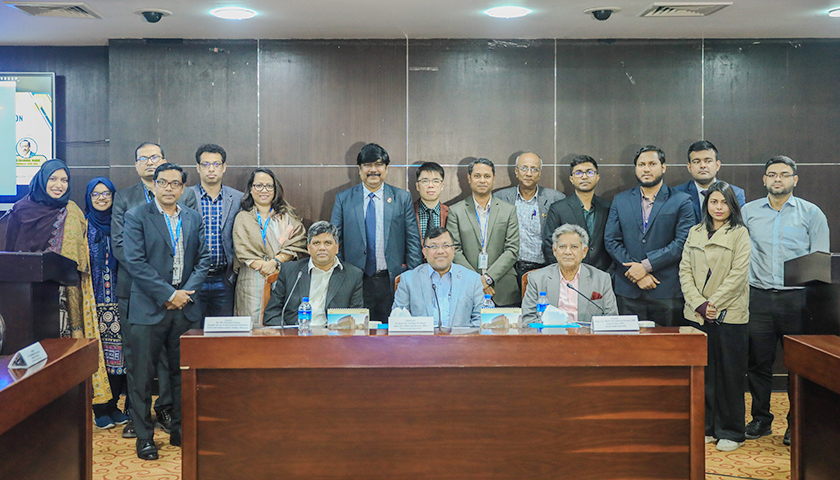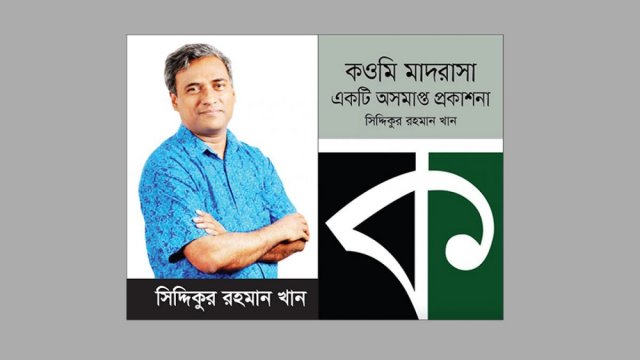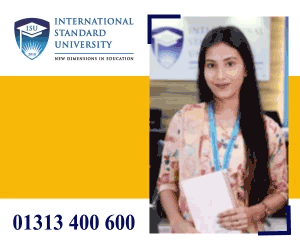The Center for Peace Studies (CPS) of the South Asian Institute of Policy and Governance (SIPG) at North South University (NSU) organized a colloquium titled ‘The Current Crisis of Myanmar and Its Impact on Neighbouring Region’ on Wednesday (31 January).
The panelists of the event were Kyaw Zaw, Spokesperson and Adviser to the President of National Unity Government (NUG); Dr. Raymond Kwun-Sun Lau, Assistant Professor, PSS, NSU; Brig. Gen. (Retd.) M Sakhawat Hussain, Ph.D., Senior Fellow, SIPG, NSU; Dr. Md. Mahbubul Haque, Faculty of Law & International Relations, Universiti Sultan Zainal Abidin, Malaysia and Professor Shahidul Haque, SIPG, NSU. The colloquium was moderated by Professor Sk. Tawfique M. Haque, Dean (IC), School of Humanities & Social Sciences and Director of CPS, SIPG, NSU, said a press release.
The event commenced with the introductory speech of CPS Coordinator Dr. Abdul Wohab. Kyaw Zaw said in his speech that the ongoing Spring revolution against the brutal military Junta will be successful as the people of Myanmar are now more united than at any other time in history.
NUG will incorporate all ethnic minorities including the Rohingyas currently living in Bangladesh and facilitate their repatriation.

Dr. M Sakhawat Hussain said the Rohingya crisis is exacerbating and turning into a regional security threat due to the ongoing internal conflict in Myanmar. Bangladesh may also work closely with multiple parties in Myanmar to accelerate the Rohingya repatriation process.
Dr. Raymond Kwun-Sun Lau stated that sanctions by the United States and its European allies will not change the military junta’s action in Myanmar. Meanwhile, China is making efforts to keep Myanmar under its influence to secure Chinese interests in the region, further complicating the Myanmar crisis.
Professor Shahidul Haque stated that Myanmar is a more crucial neighbor to India as it is the only country that provides a geographical connection to ASEAN countries through land. So, India wants to further enhance its relations with Myanmar.
Dr. Md. Mahbubul Haque opined that ASEAN countries are highly divided in the Myanmar issue. So, it is unlikely to see any drastic measures taken by this bloc as it adheres to its policy of non-interference. But to uphold their core principle of human rights and democracy, it may act to restore democracy in Myanmar.
Dr. Sk. Tawfique M. Haque said in his concluding speech that no neighboring countries want to see Myanmar as a battleground of geopolitics in this region. He expected that peace would be ensured by all regional countries.
Engaging questions from the media livened up the discussion. Participants from national and international organizations, universities, development organizations, embassies, media outlets, and other organizations attended both physically and virtually. Noted NSU and SIPG faculty members were also in attendance and provided insightful questions and commentary during this open session.





